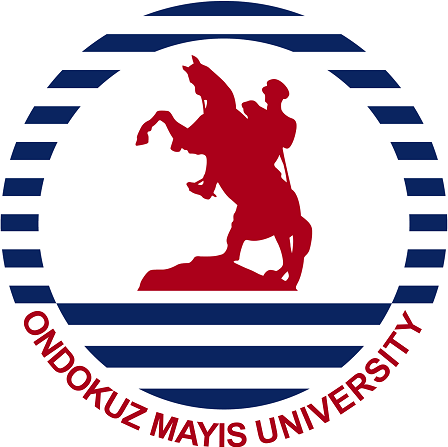About the Department of Field Crops
The Department of Field Crops is the first and only department of OMU Faculty of Agriculture, which was established in 1976 and began its education and training in the same year. Initially operating under the name "Field Crops Cultivation and Breeding," our department currently consists of three main divisions: “Cereals and Edible Legumes,” “Industrial Crops,” and “Pasture, Meadow, and Forage Crops.” The department currently has 11 faculty members and 5 research assistants.
At the Department of Field Crops, undergraduate and graduate education is provided to train agricultural engineers, senior agricultural engineers, and future academicians who are equipped with fundamental knowledge of field crops and capable of producing knowledge of the required quality for both the public and private sectors; who can transform this knowledge into social and economic benefits; who are environmentally conscious and protect biodiversity and natural resources; and who are proficient in the cultivation and breeding of field crops. In addition, projects are developed and carried out to produce solutions to the problems of field agriculture at both regional and national levels.
Department Profile
The aim is to educate graduates who, based on the knowledge, skills, and competencies gained during their undergraduate education, can produce solutions to field crop problems in the agricultural sector, apply these solutions in professional practice, communicate them to relevant stakeholders, and continue to improve themselves in the face of changing conditions. The department seeks to maintain scientific standards and objectivity in all its activities, maintain continuous contact with decision-makers in the public and private sectors as well as with its alumni, and stay up-to-date by following important current economic problems in the agricultural sector.
The undergraduate program consists of courses that provide the foundation of Agricultural Engineering, including biology, physiology, ecology, soil science, cultivation techniques, and field trial techniques, along with courses focused on the cultivation, production, and breeding of field crops within the groups of Cereals and Legumes, Industrial Crops, and Pasture, Meadow, and Forage Crops.
After Graduation
Graduates of the Field Crops Program can find employment in both the public and private sectors. Important institutions employing graduates include the Ministry of Food, Agriculture and Livestock; the Ministry of Environment and Urbanization; the Ministry of Energy and Natural Resources; the Ministry of Forestry and Water Affairs; the Ministry of Development; public and private sector banks; agriculture-based industrial enterprises; agricultural cooperatives; control and certification organizations in agriculture and related sectors, particularly in the seed industry; and non-governmental organizations. Graduates can participate as researchers, cultivators, and consultants in promising national and international agricultural projects and may also take leadership roles in these projects.
